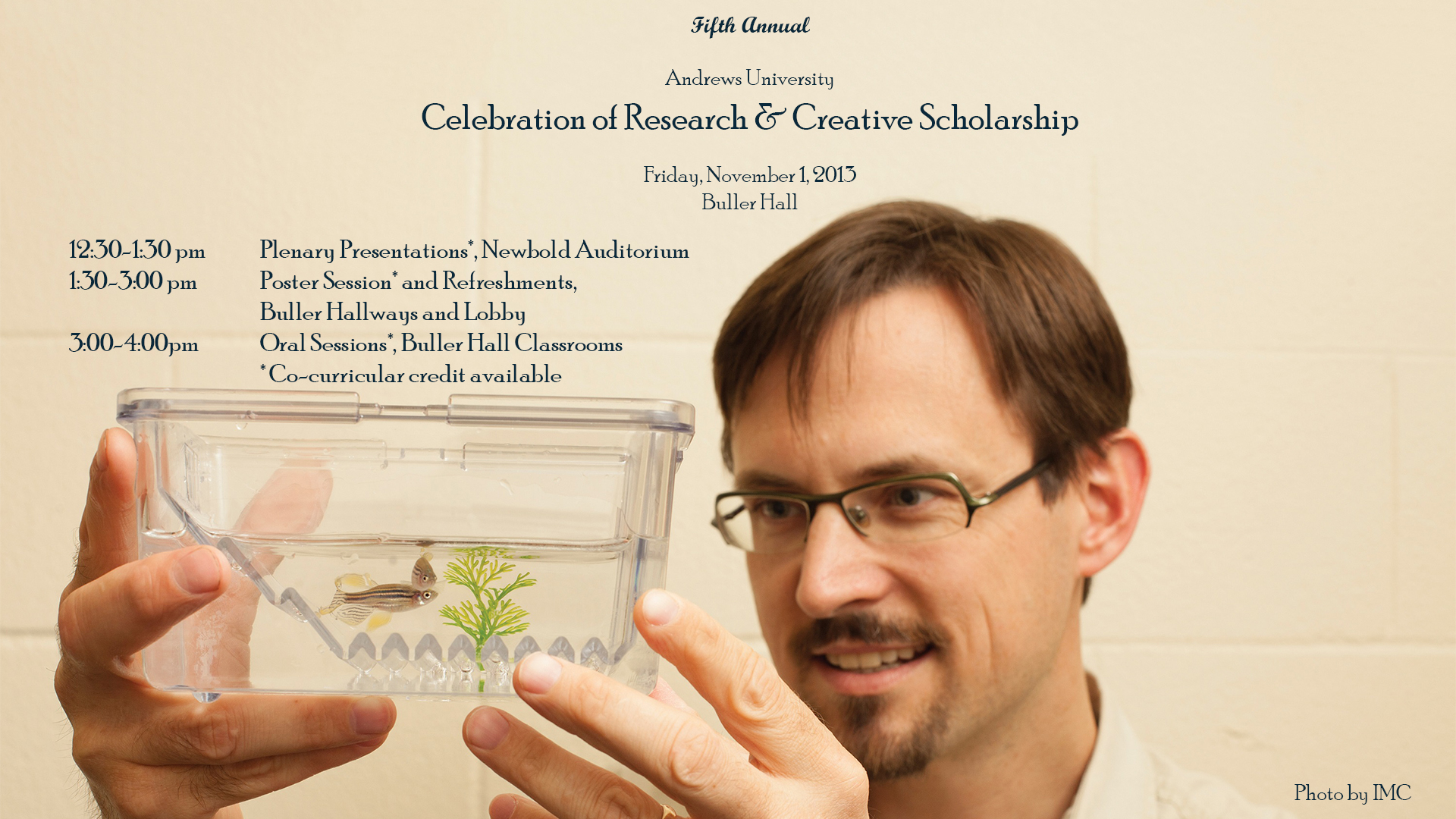E-2 Isolation and Structure Determination of Carcinogenic Arginine-Based Heterocyclic Amines
Presenter Status
Department of Chemistry and Biochemistry
Second Presenter Status
Undergraduate Student, Department of Chemistry and Biochemistry
Third Presenter Status
Undergraduate Student, Department of Chemistry and Biochemistry
Fourth Presenter Status
Undergraduate Student, Department of Chemistry and Biochemistry
Fifth Presenter Status
Undergraduate Student, Department of Chemistry and Biochemistry
Location
Buller Room 227
Start Date
1-11-2013 3:15 PM
End Date
1-11-2013 3:30 PM
Presentation Abstract
It is well established in scientific literature that cooked meat and fish produce heterocyclic amines (HCA) which are mutagens and/or carcinogens. The formation reaction of HCA typically involves creatine/creatinine from muscle tissue with various amino acids under anhydrous conditions and high temperatures. However, our research and peer-reviewed literature suggests there are a series of HCA compounds that are formed from arginine rather than creatine. Previous work has shown that mutagenic compounds are formed with arginine and various amino acids but no compounds were isolated. Therefore our goal is to isolate and identify the chemical structures of arginine-based HCAs as well as assess their relative mutagenicity. Arginine is found in high amounts in many plants especially soy-based food items. Overcooking proteinaceous plant foods may be carcinogenic and we seek to understand whether or not this is true.
E-2 Isolation and Structure Determination of Carcinogenic Arginine-Based Heterocyclic Amines
Buller Room 227
It is well established in scientific literature that cooked meat and fish produce heterocyclic amines (HCA) which are mutagens and/or carcinogens. The formation reaction of HCA typically involves creatine/creatinine from muscle tissue with various amino acids under anhydrous conditions and high temperatures. However, our research and peer-reviewed literature suggests there are a series of HCA compounds that are formed from arginine rather than creatine. Previous work has shown that mutagenic compounds are formed with arginine and various amino acids but no compounds were isolated. Therefore our goal is to isolate and identify the chemical structures of arginine-based HCAs as well as assess their relative mutagenicity. Arginine is found in high amounts in many plants especially soy-based food items. Overcooking proteinaceous plant foods may be carcinogenic and we seek to understand whether or not this is true.



